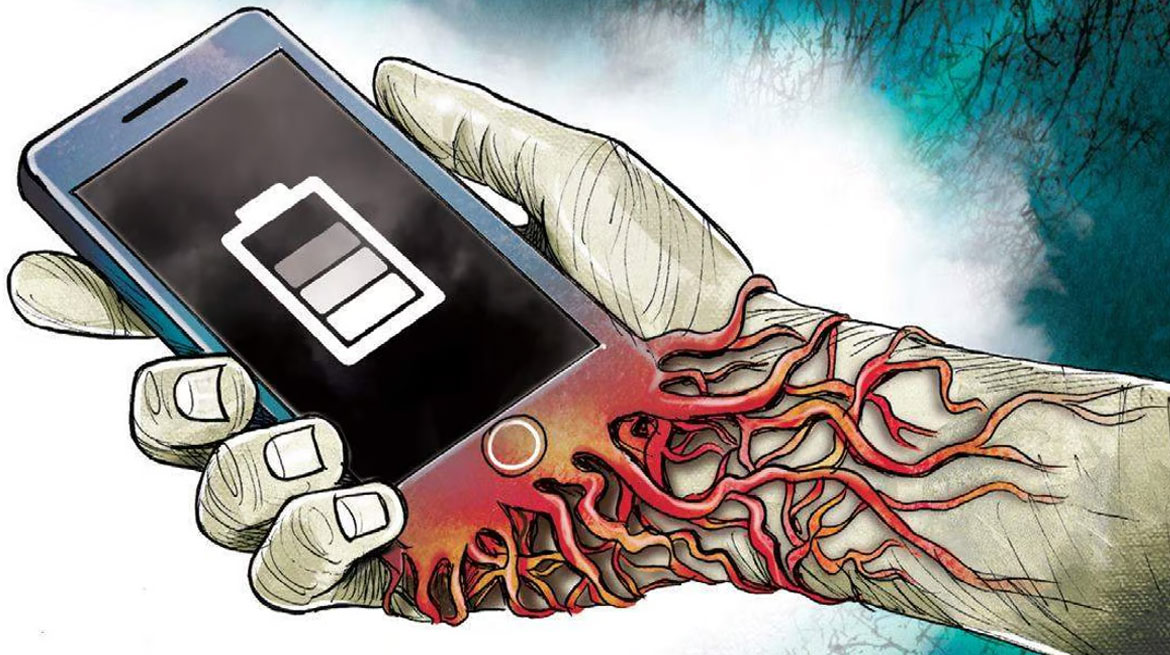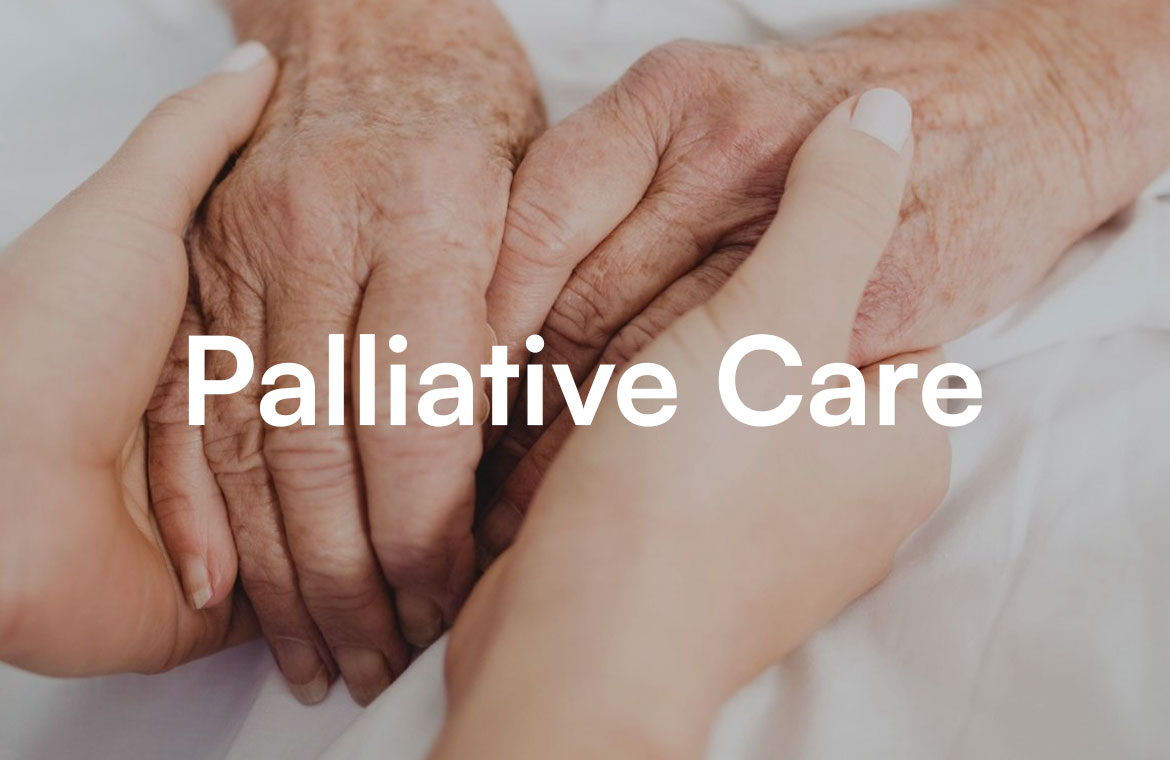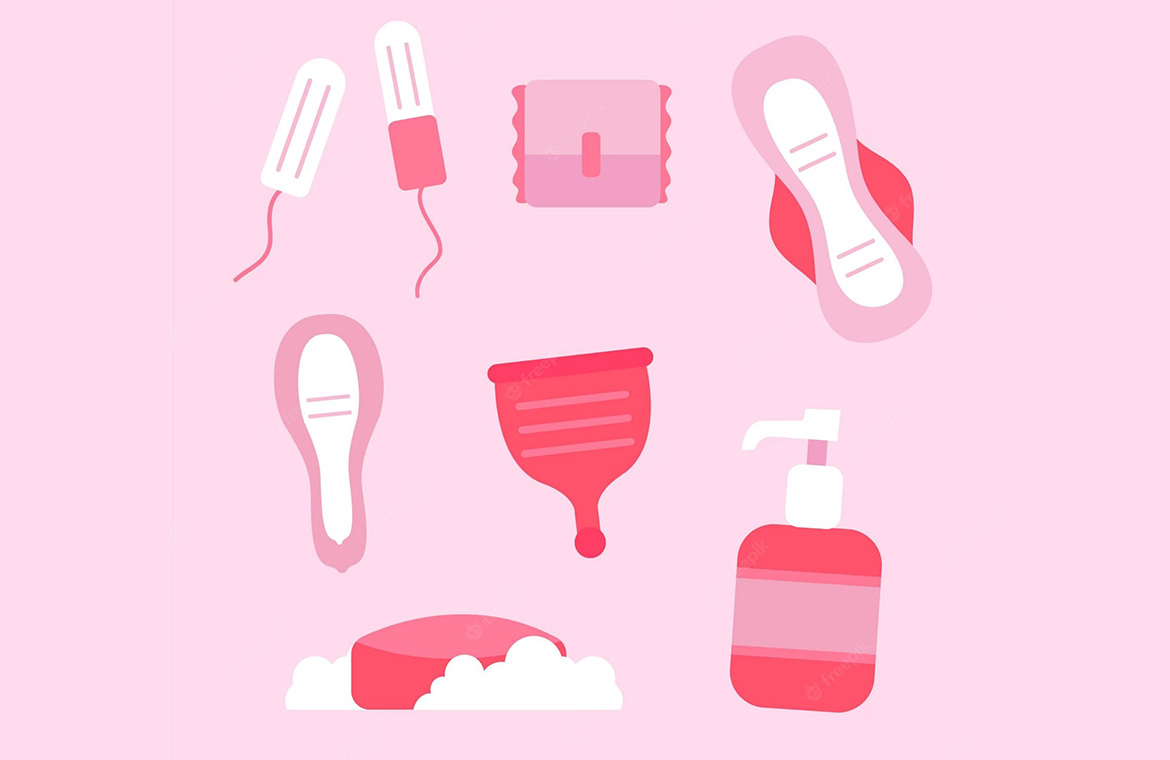The internet, one of the greatest inventions in history, has undeniably changed the course of our lives. In today’s technology driven world, the internet has become an integral part of our daily lives, offering a plethora of information, entertainment, and social interaction. While its benefits are undeniable, the excessive use of the internet, often referred to as internet addiction (IA) or problematic internet use, has emerged as a concerning issue, particularly among young adults.
There are many forms of addictions today, including substance abuse, which can interfere with our work performance and relationships if not addressed early. Similar to other harmful substances, screen time that is poorly managed can become addiction. Condition of problematic internet use shares basic hallmarks of other forms of addiction, such as preoccupation with addictive behaviour and the need to spend more and more time online to achieve a pleasurable effect. Internet addiction is characterized by an individual’s inability to control their online activities, leading to negative consequences in various life domains, including health. Young adults are particularly vulnerable to this phenomenon due to their extensive use of social media, online gaming, and other digital platforms.
As public health expert, I was entrusted to conduct health education sessions in various rural as well as urban areas of Jaipur. During various health sessions, I got the opportunity to interact with boys and girls aged 18-21 years to hear their perspective on internet usage. There is no doubt that youngsters I spoke to see the internet as an inseparable part of their lives. According to them, they love the freedom to learn or share what they are interested in whenever they want to. When asked about anything that happened to them online that upsets them in the past year, about half of them said yes. Above all, most of them suffered from physical and/or mental symptoms after continuous digital exposure which does provide grounds for concern.
In this blog we will delve into problematic internet use highlighting potential risks and calling for action to safeguard the well being of young adults.
There may be different types of internet addiction like compulsive information seeking, gaming addiction, cyber relationship addiction etc. Development of addiction is contributed by a complex interplay of factors including certain environmental factors and co-occurring mental health disorders such as anxiety and depression.
Internet addiction is created when individuals especially young adults get hooked on digital technologies and their persuasive addictive designs. However, too large an amount of an otherwise enjoyable and beneficial thing can be harmful. Overdoing screen time can completely change geography of minds and erode personal relationships.
Effects of IA –
Internet addicted young adults tend to be constantly connected, checking their smartphones, social media accounts and online games, even during nighttime. This continuous engagement can lead to physical and mental fatigue. The internet offers an overwhelming amount of information, making it difficult for individuals to switch off from their screens. The constant bombardment with news, messages and notifications leads to cognitive exhaustion and decision fatigue. Social media platforms often promote social comparison, where individuals compare their lives with the seemingly perfect lives of others. This can lead to feelings of inadequacy and mental fatigue, contributing to overall fatigue.
Excessive internet use, especially before bedtime, can disrupt circadian rhythms and interfere with the body’s natural sleep-wake cycle. The blue light emitted from screens suppresses melatonin production, making it harder to fall asleep. Young adults addicted to the internet are more likely to develop a delayed sleep phase, staying up late into the night and struggling to wake up in the morning. This can lead to irregular sleep patterns and sleep deprivation. The compulsion to check emails, social media, or engage in online gaming during the night can lead to sleep fragmentation. The constant exposure to online content, including negative news and social comparisons, can contribute to heightened stress and anxiety levels, making it even more difficult for young adults to relax and fall asleep.
How to break IA ?
- Commit to a device free meal time .
- Examine association between your emotional state and excessive use of internet. Going online to escape negative moods only make these negative feelings come back even worse.
- Turn off notifications to stop hearing alerts from different social media apps.
- Manage time online by creating a plan of hours to spend on internet each day.
- Block potentially addictive websites.
- Engage in healthy activities during free time.
- Spend quality time with friends and family members.
By gaining deeper understanding of their own internet usage habits, individuals empower themselves to make informed decisions about their internet use and also potentially improving the lives of others facing similar issues. Early identification of problematic internet use may help prevent more severe addiction issues from developing leading to better mental and physical health outcomes.
Let us commit ourselves to addressing the silent impact of internet addiction and best ways to curb it , contributing to well being and productivity of the young adults , potentially reducing burden on healthcare systems and improving overall quality of life.
References
- Diotioti P et al. Internet addiction in young adults: The role of impulsivity and codependency. Frontiers in Psychiatry (2022) 13. https://doi.org/10.3389/fpsyt.2022.893861
- KumarM, Mondal A. A study on Internet addiction and its relation to psychopathology and self-esteem among college students. Industrial Psychiatry Journal (2018) Jan-Jun; 27(1): 61–66.
- Tripathi A. Impact of Internet Addiction on Mental Health: An Integrative Therapy Is Needed.Integrative Medicine International(2017) 4 (3-4): 215–222.





Very well raised issue by Dr Niti Gahlot.
This will be probably the biggest public health problem we all will face in near future.
And more so, it will affect each and every age group.
It’s high time for all us to address this issue of internet addiction.
Well narrated and rightly pointed – easy access to unnecessary and unwanted information specially to young minds lead to a potential harm than benefit. As Public Health Experts we need to take digital health as a priority.